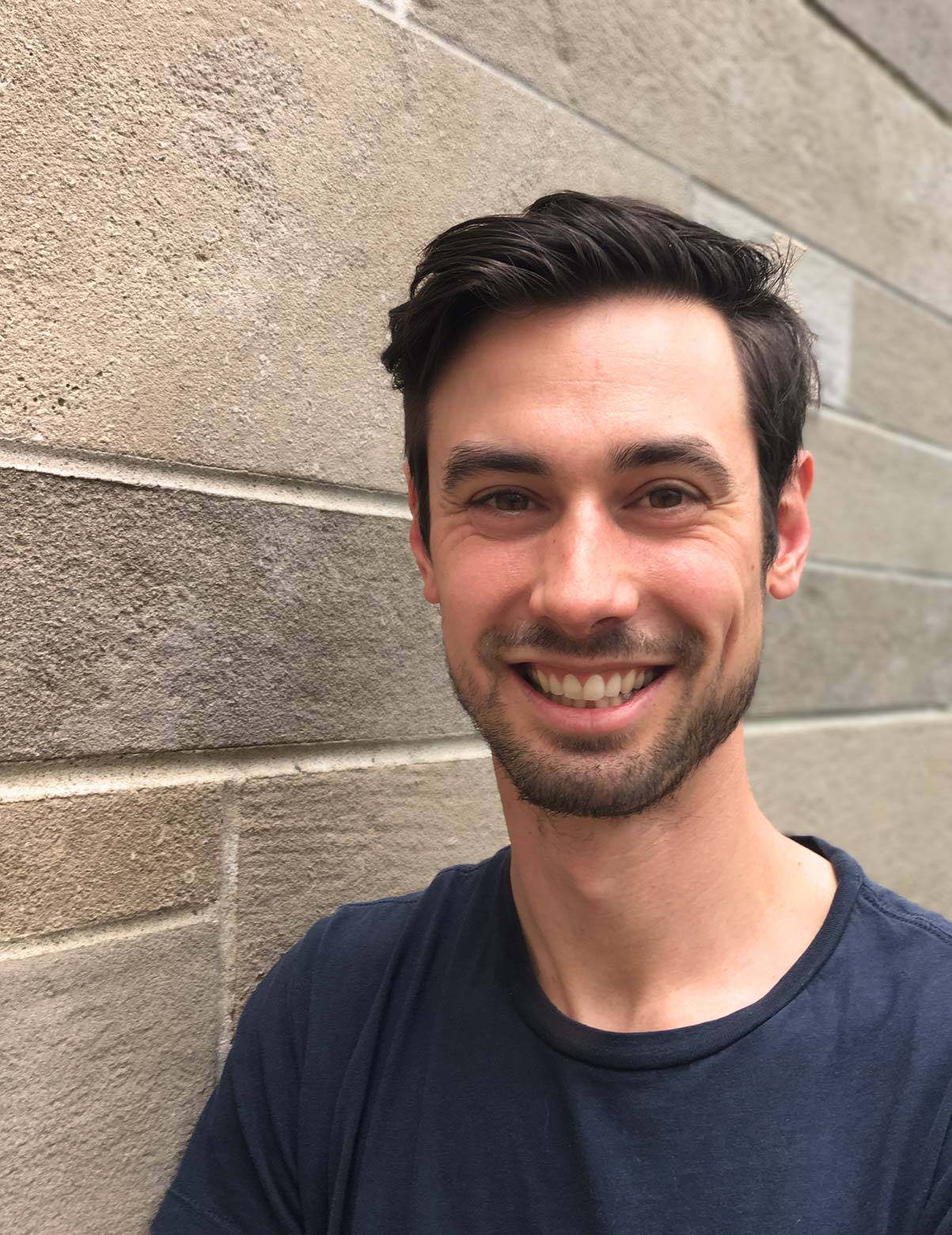Our undergraduate, graduate, and alumni features are designed to give students a voice on the Department of History web site. If you'd like to be featured, please let us know.
- About Me
- I just finished a PhD in Native American History in May, and in the fall, I start a two-year postdoc at Harvard's Charles Warren Center, the Global American Studies Postdoctoral Fellowship.
- What I'm working on
- I'm spending the next two years working on a project about colonialism in the twentieth and twenty-first centuries in the United States and Canada. When we talk about Jamestown, that's colonialism, but what does it mean four hundred years later, when we talk about "colonialism" from the perspective of native peoples in the US and Canada who have to live under or outside of or around that system? It's the story of how people live their lives circumscribed by several different sets of laws, how people who don't formally belong to a nation that claims them make sense of a really complicated, and often difficult, existence.
- Bringing the past into the present
- We all think this about our field, but it's become a central issue for me, that the more people who understand the history I study, the better off everyone will be. I hope that by coming to think compassionately about historical actors, students are also learning to think that way about people in the present.
- Mostly on their own, students reach this analytical point in the first half of the US history survey where they have proven to themselves that there are major historical themes about race, gender, class that operate in their present, that constantly affect how they move through the world. When they can connect those dots historically and we creep closer and closer to the present, they think, "Oh, this stuff we're talking about never ended, and I am living amidst these ongoing things and affected by them whether I've acknowledged that or realized it up to this point."
- Reaching the PhD finish line
- It was a combination of feeling really accountable to my advisor, who turns around work really quickly in a few days or a week, and wanting to be moving to the next stage and making sure I never went too long without working. All of that combined to make it a pretty smooth ride. I learned at a certain point when I was ABD that I would work 9-5, Monday to Friday, unless there was the most urgent of deadlines, and then I have a different life on the evenings and the weekend. When you accept that you're only capable of doing so much quality work in a day, limiting your time in consistent ways is a good motivator. You have these 40 hours a week to get things done. Once I was in control of my own destiny and not doing coursework, getting into this kind of consistent work habit was really great.
- A post-doctoral plan
- The professionalization programs that are made available through history are unusually thorough. I've had phenomenal experiences here, as a course assistant, as an assistant editor at the Indiana Magazine of History, and that's another part of this program that I've learned is special. Not only have I been given many chances to practice as a teacher, to develop relationships with authors, to navigate the sometimes sensitive world of editing other people's work, I also feel that those chances have positioned me well at the end of this program to go and be qualified for the kinds of jobs that we're all looking for.
- The teaching and journal experiences at IU are unique, and they set grad students from here up for success whether we stay in this world or whether we move outside of it. The job seekers' workshop was a great late-in-the-game resource, but every semester through the 6 years I've been here there have always been panel discussions or round tables or events in which faculty and grad students are getting together in a room and asking, "How do we teach this delicate subject?" or "What are the challenges about teaching in a variety of environments?"
- A balancing act
- I feel like I've become a person with a life full of fun things, and a lot of that is because Bloomington is a really good, interesting and fun place to live. I play in bands, I do stand-up comedy. It's my secret real life outside of academia, although I have anxiety sometimes because I'm trying to have a work-life balance and not just talk about my dissertation when I'm out with friends.
- Really though, in the back of my mind, everything is all about what I'm doing here. As much as you understand the assumptions that you make that are only yours because you spend every waking hour studying this one thing, I'm always excited when I learn what I'm missing from an academic perspective because I've made space to understand life outside of the academic world.

 The College of Arts + Sciences
The College of Arts + Sciences